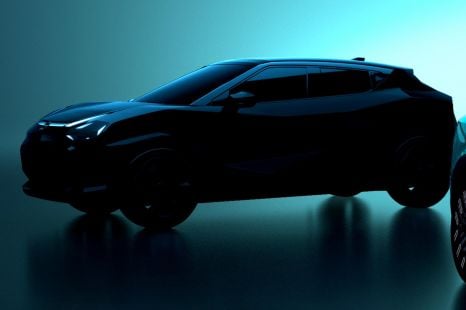

Damion Smy
Nissan Juke EV will use Leaf platform, due in 2026 - report
13 Hours Ago

Senior Contributor
Hyundai is preparing to significantly scale-up its hydrogen fuel-cell system production with a billion-dollar investment announced this week.
Tier one supplier Hyundai Mobis, part of the wider Hyundai-Kia group as detailed here, is building two new plants intended to be operational by 2023.
The project cost is $US1.1b ($A1.5b) and the annual production target is 100,000 hydrogen fuel-cells. Hyundai aims for fuel-cell electric vehicles (FCEVs) and battery-electric vehicles (BEVs) to have something near cost parity by 2030.
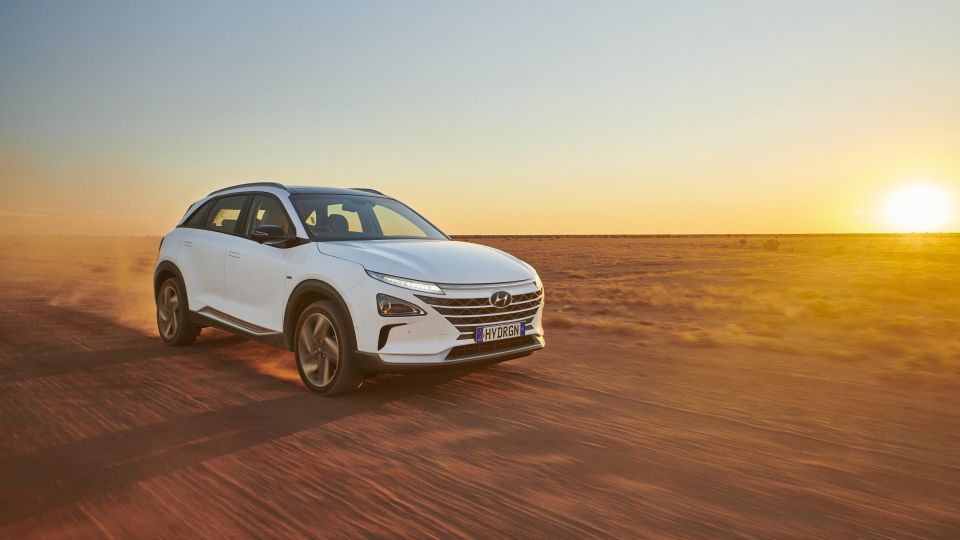
“Hyundai Mobis, with the largest fuel cell production capacity in the world, is expected to gain even greater momentum in the global race for hydrogen mobility with the addition of new production locations,” the company said this week.
A recent ground-breaking ceremony at the Industrial Complex in Cheongna International City, Incheon, was attended by Korean President Moon Jae-in.
Once they are completed Hyundai Mobis will operate a total of three fuel-cell plants.
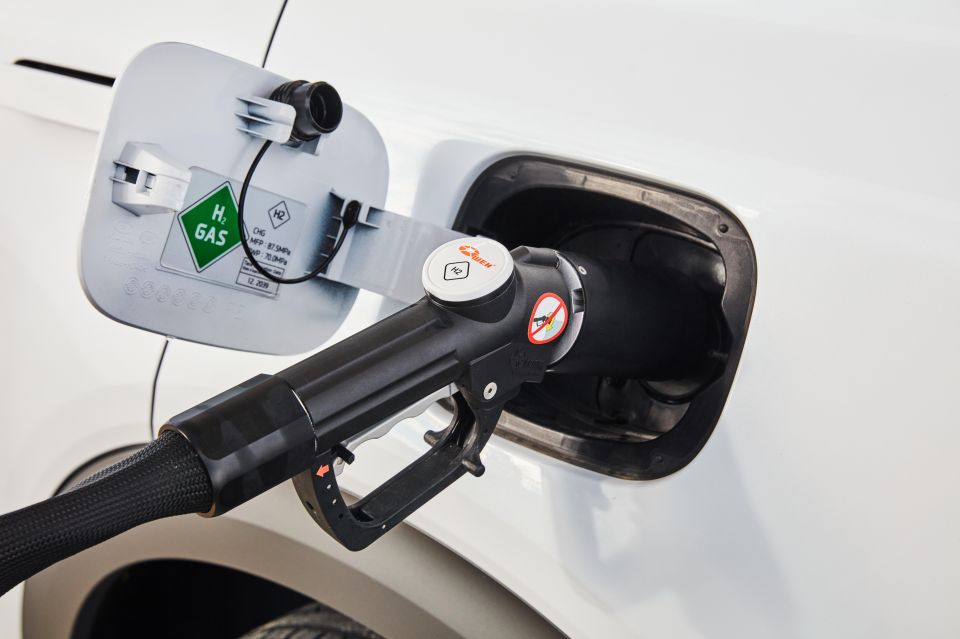
Most fuel cell systems produced by Hyundai Mobis are used in fuel cell EVs (like the Hyundai Nexo) but the company is expected to move to other sectors such as construction machinery and logistics equipment.
Hyundai Mobis last year developed fuel cell power packs that go into hydrogen forklifts. Now the company is developing power packs for a hydrogen-fueled excavator and plans to enlarge the fuel cell systems for small air mobility, it claims.
“We will continue to invest more in facilities and strengthen our R&D capability for the development of the hydrogen industry and expand the ecosystem,” said Hyundai Mobis president and CEO Sung Hwan Cho.
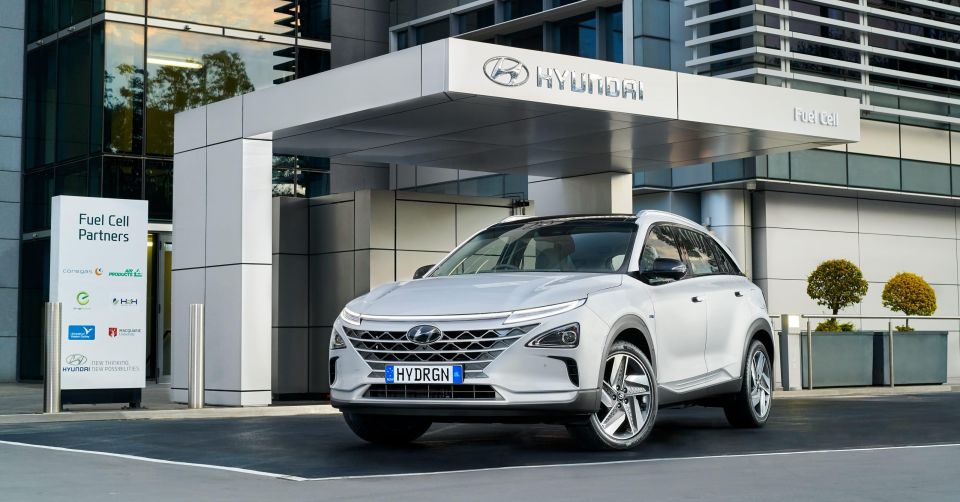
Background
Hyundai Motor plans to launch a cheaper next-generation hydrogen fuel-cell drive unit in 2023, and from there to drastically ramp up production as detailed here.
The company says a new Nexo and a fuel-cell version of the Staria people-mover will enter production around this time, as will an updated version of the XCIENT truck.
Hyundai expects its 2023 FCEV ‘stack’, by far the most expensive part, to be some 50 per cent cheaper than current versions due to reduced reliance on materials like graphite and platinum.
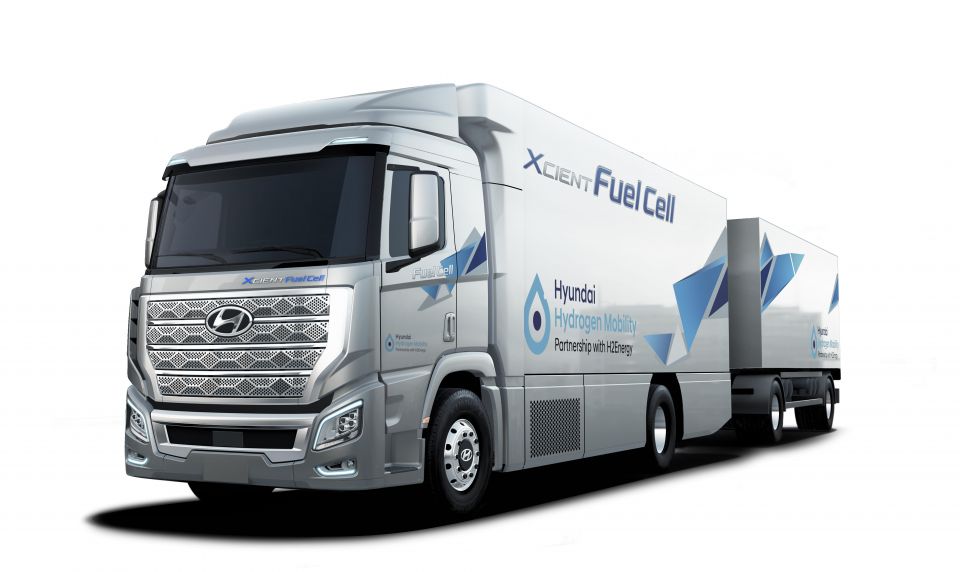
From there, in an industry first, it plans for its full range of commercial trucks and buses to come with both hydrogen FCEV and BEV drivetrains from 2028.
The big goal is price competitiveness between the two zero-emissions drivetrains as soon as 2030, something that would be accelerated through economies of scale.
Hyundai says its new fuel-cell system will be 30 per cent smaller than today’s Nexo system with the same power output, “to make it easier to apply to different vehicle types”.
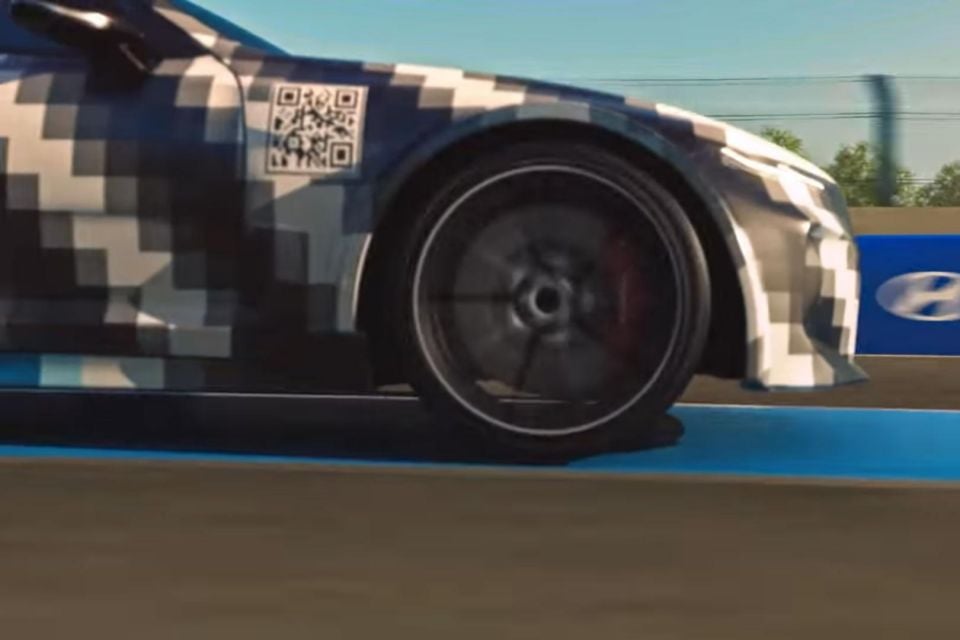
It also plans a modular 200kW commercial FCEV drive unit that’s about the same size as today’s 100kW system. The goal is to also increase the life-cycle of a fuel-cell stack by as much as double, with a commercial target of 500,000km total use.
In more exciting news Hyundai R&D head Albert Biermann has detailed a 500kW, rear-drive and 4.0-second 0-100km/h FCEV-BEV hybrid concept called the Vision FK, pairing Hyundai’s fuel-cell stack with a Rimac Automobili electric system. Hyundai invested in Rimac in 2019.
In a media briefing, Hyundai Motor Group chairman Euisun Chung said hydrogen mobility was a feasible carbon-neutral solution, and encouraged a “shift in the energy paradigm”.
Some of our most recent hydrogen stories can be found here or at the links below.
MORE: Hyundai’s hydrogen push: cost parity with EVs by 2030 MORE: Genesis to be electric and hydrogen-only by 2030 MORE: Hyundai teases sporty hydrogen fuel-cell concept MORE: BMW ‘pushing forward’ on hydrogen fuel-cells, starting with X5 MORE: Hydrogen-powered Toyota Corolla and Prius set to launch in 2023
Where expert car reviews meet expert car buying – CarExpert gives you trusted advice, personalised service and real savings on your next new car.


Damion Smy
13 Hours Ago
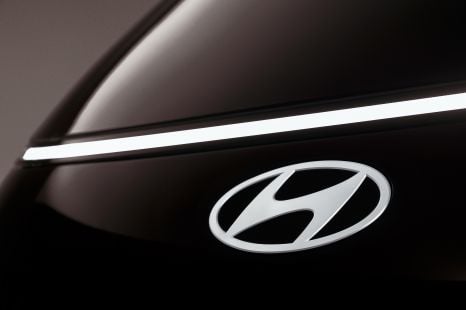

Damion Smy
16 Hours Ago
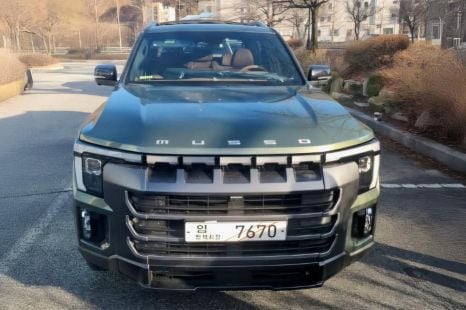

Damion Smy
20 Hours Ago
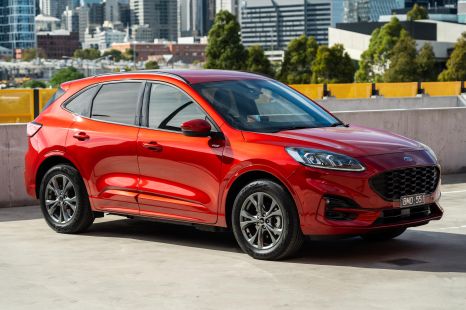

Damion Smy
21 Hours Ago
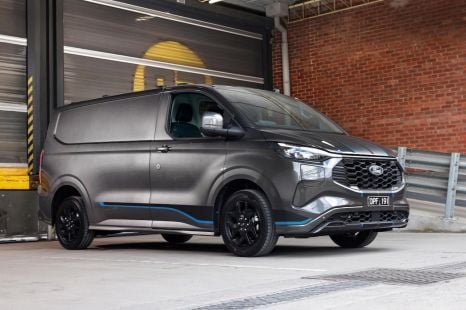

Damion Smy
22 Hours Ago
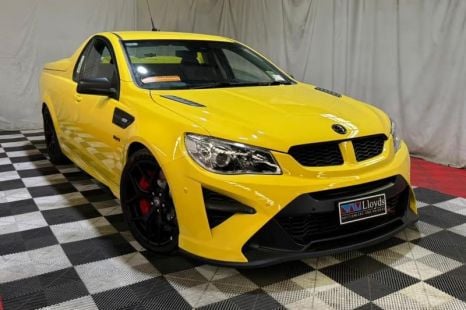

Damion Smy
22 Hours Ago